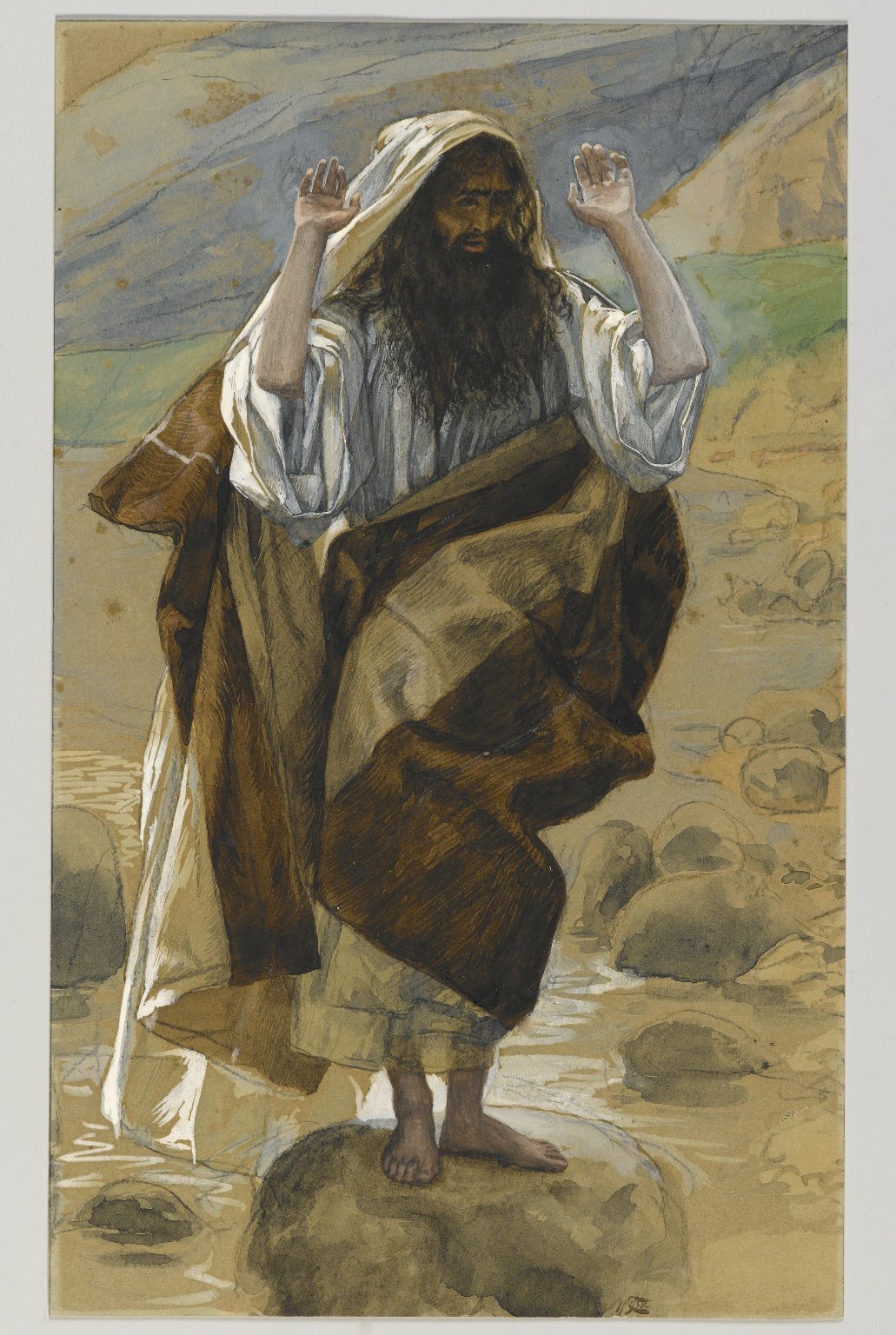Dear Friends,
As we approach the end of the liturgical year (Advent is two Sundays away), you will notice the readings begin to take on an eschatological approach. That is just a big fancy word for the end of all things. In this Sunday’s Gospel reading, Jesus speaks of the end in a dramatic fashion with nations rising against nations and Christians being brought before kings to testify to the Gospel. All of this is absolutely true. However, much of the church approaches readings about the last days and the end—including this Sunday’s Gospel—with a sensational approach: the Bible in one hand and The New York Times in the other. However, the best way to understand these passages is by interpreting the Bible with other passages from the Bible.
I believe the last days are not some tragic and terrifying days in the future.
They are right now and we have been in the last days since Jesus ascended into heaven, forty days after his resurrection from the dead. As it says in Hebrews 1:1-2:
“Long ago, at many times and in many ways, God spoke to our fathers by the prophets, but in these last days he has spoken to us by his Son, whom he appointed the heir of all things, through whom also he created the world.”
While this approach is a little less exciting because we are no longer trying to figure out who qualifies to be the next Antichrist, it is a far more pastoral and comforting approach. This is because a proper understanding of the end enables us to see and embrace the grace of God in the midst of our personal tribulations and afflictions in the here and now. A proper understanding of eschatology will allow you to see that God is sovereign and in control of the failed moments and mini-ends in our lives.
What I find most comforting about a Biblical eschatology is that it reminds us of the Gospel: that God has broken into real history to save you and that truly all things work for the good for those who love Christ and are called according to his purposes.
Join us this Sunday as we take a look at Luke 21:5-19 and find real Gospel comfort in knowing that God is in control of and at the end.
Pax,
Jacob






